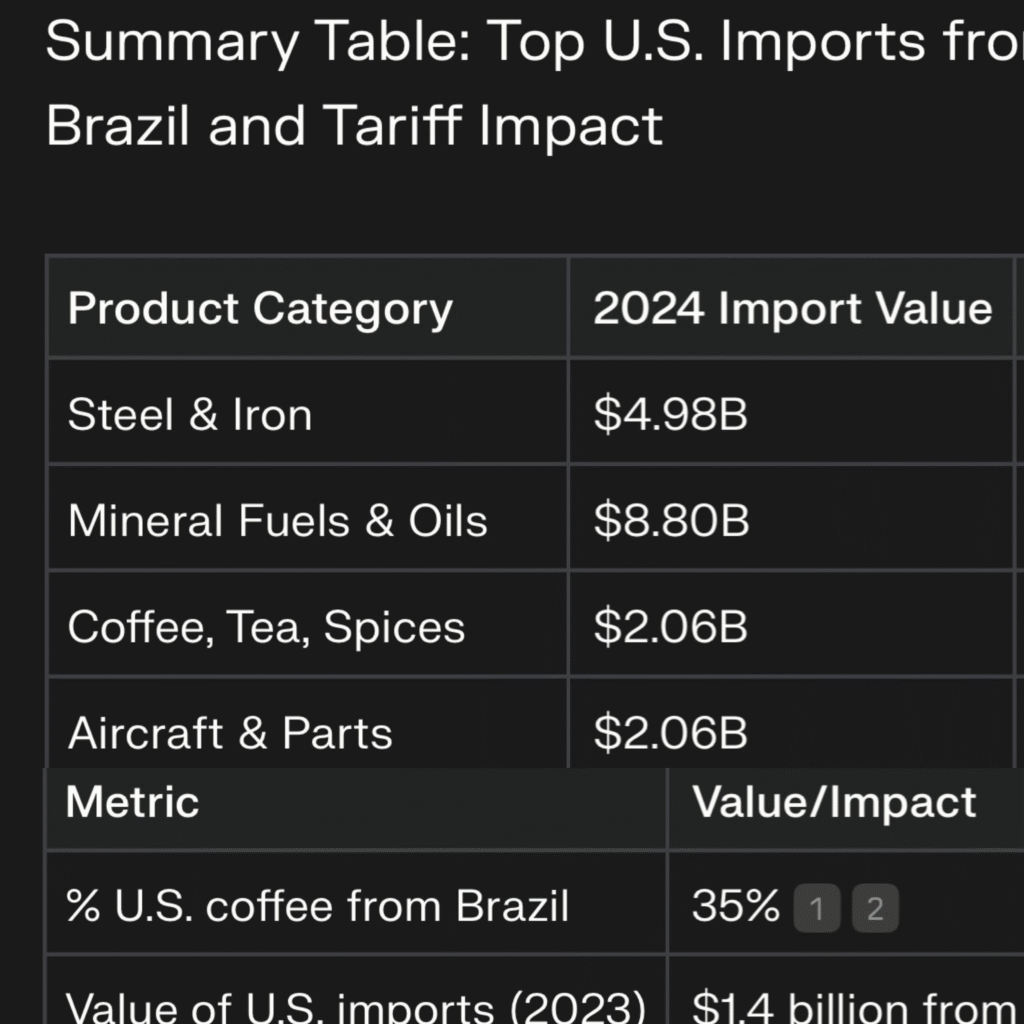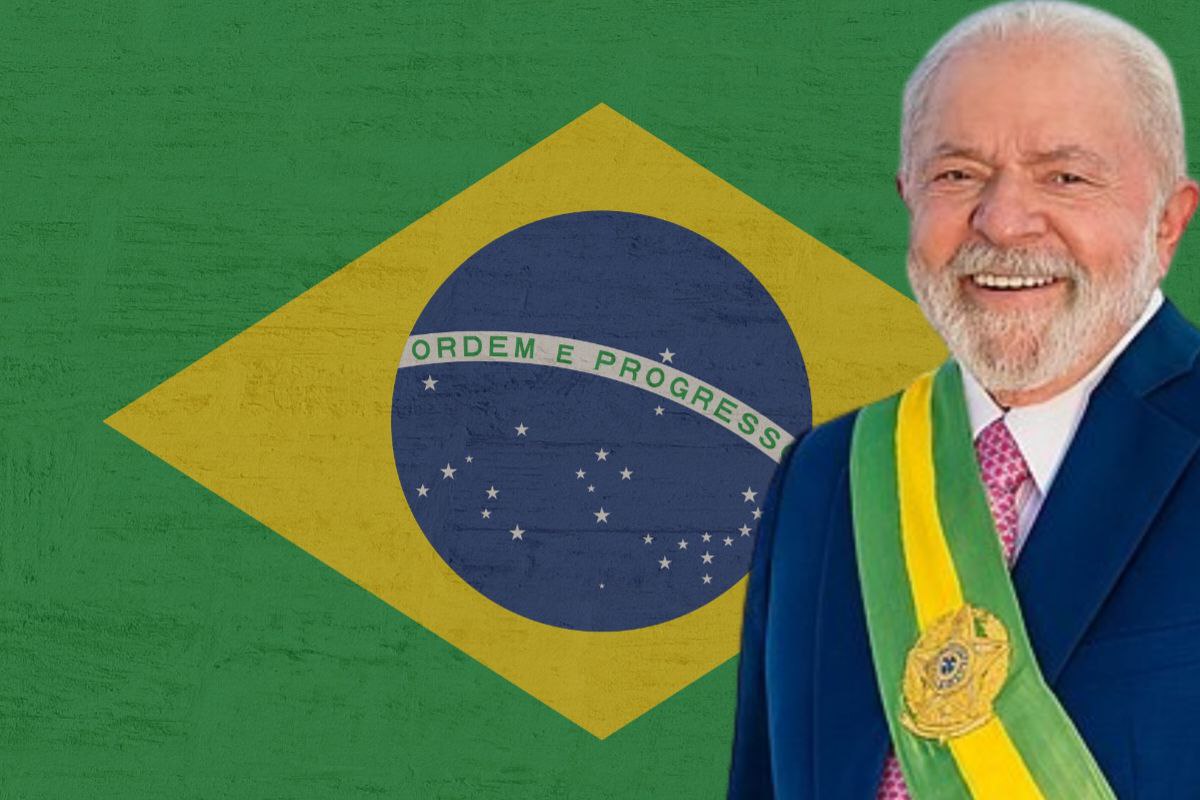The escalating US-Brazil trade war is making global headlines as former US President Donald Trump imposes steep 50% tariffs on Brazilian imports. But this dispute goes far beyond trade—it’s politically charged. Trump’s actions are seen as retaliation for legal actions against his ally, Jair Bolsonaro, who faces coup-plotting allegations in Brazil. President Lula da Silva, caught between defending judicial independence and protecting Brazil’s economy, has vowed a firm response, including possible WTO appeals and reciprocal tariffs.
With the US accounting for only 12% of Brazilian exports, Brazil may weather the storm, but American consumers could soon feel the heat as coffee and orange juice prices rise. This standoff could reshape Brazil’s global trade strategy and become a turning point in Lula’s political future ahead of the 2026 election.
5 Key Impacts of the US-Brazil Trade War
The brewing trade conflict between the United States and Brazil is rapidly turning into a major geopolitical flashpoint, blending economic pressure with political overtones. This week, tensions escalated as US President Donald Trump imposed sweeping 50% tariffs on Brazilian imports, linking the move to the legal troubles of his far-right ally, former Brazilian President Jair Bolsonaro.
At the heart of the issue lies a deeply political controversy. Trump, now serving a second term, has publicly condemned what he calls a “witch hunt” against Bolsonaro. Brazilian prosecutors have charged several close Bolsonaro allies with allegedly plotting a coup following his 2022 election loss to current President Luiz Inácio Lula da Silva. Although Trump’s tariffs are officially framed as trade policy, the underlying message is clear—it’s retaliation rooted in political allegiance.
President Lula da Silva, facing increasing domestic and international pressure, has responded with defiance. Lula emphasized that Brazil’s judiciary operates independently, and he has no power—or intent—to interfere in legal matters. The Lula administration is, however, actively weighing diplomatic responses to the US action.
From Brazil’s foreign policy standpoint, multiple options are on the table. Government officials, including Foreign Minister Mauro Vieira, have pointed out that Brazil can appeal to the World Trade Organization (WTO), seek international investigations, demand formal explanations, or enact Brazil’s own “reciprocity law.” The latter, passed by Congress, would allow Brazil to impose similar tariffs on US imports.
“If he charges us 50%, we’ll charge him 50%,” Brazilian officials have stated, echoing a stance of tough reciprocity.
Though the economic impact on Brazil might not be catastrophic, the stakes are still significant. The United States accounts for only 12% of Brazilian exports, contributing to roughly 1% of Brazil’s GDP. Moreover, Brazil actually runs a trade deficit with the US, meaning it imports more from America than it exports. By contrast, China remains Brazil’s largest trading partner, absorbing more than twice the volume of Brazilian exports as the US does.

Still, the ripple effects of this tariff war could cross oceans. For American consumers, the price of everyday staples like coffee and orange juice could rise sharply. Brazil is a leading exporter of both commodities, and any disruption in trade could impact grocery store shelves across the US.
The political dimension of the conflict is also unfolding on the domestic stage in Brazil. With Lula facing an election next year and trailing in polls, his response to the US tariffs could become a pivotal issue. By taking a firm stance against Washington, Lula may hope to tap into nationalist sentiment, potentially rallying domestic support ahead of the 2026 vote.
At the same time, Lula’s government is reportedly exploring diplomatic back channels and less aggressive measures to prevent further escalation. Political analysts note that if Lula can strike the right balance—appearing strong without provoking a trade crisis—he could turn this international standoff into a domestic political advantage.
But for now, with both sides showing little willingness to compromise, the US-Brazil trade standoff seems set to continue. The fallout might not just be felt in diplomatic circles or financial markets—it could very well show up in the cost of your next cup of Brazilian coffee.

